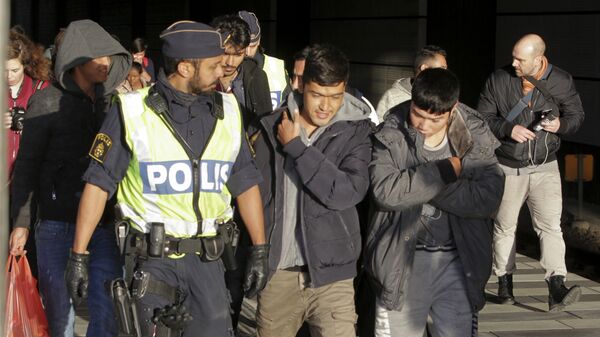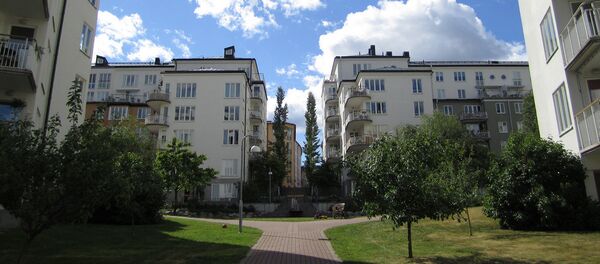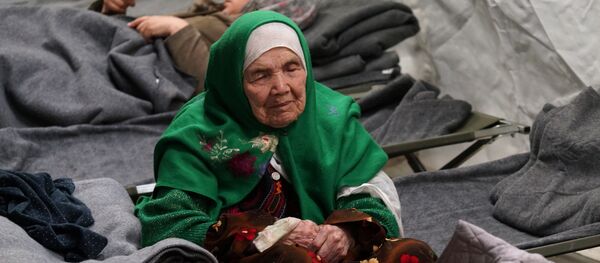Despite Sweden's humanitarian and police efforts, human trafficking continues to rise, according to the recent report from the Migration Board. In the first half of 2017, 231 cases were reported, up from 163 during the same period last year.
Moreover, 46 of this year's cases feature minors, with sexual exploitation in 118 cases and forced labor in yet another 64. According to the authority, human trafficking is being exposed in connection with asylum procedures and issuing work permits.
"The increase has been going on for several years," Migration Board anti-trafficking coordinator Kajsa Törnqvist Netz said, partly ascribing the increase in her agency's improved capability to discover suspicious cases.
The major increase is largely ascribed to the migrant crisis of 2015, as the Swedish Migration Board is still saddled with investigating cases from that year.
Furthermore, Cubans have emerged as a previously unknown group in this context. In the first half of 2017, 98 Cubans sought asylum in Sweden, which is a radical increase from almost non-existent figures.
"Among the Cubans, we have identified a relatively large proportion of suspected victims of human trafficking. It relates to both women and men. Also, we suspect both sexual exploitation and abuse as labor force," Kajsa Törnqvist Netz said.
Furthermore, Sweden is experiencing increased pressure from displeased refugees who have been denied asylum in Finland and are intending to try their luck in Sweden. On Tuesday, dozens of dissatisfied migrants reportedly crossed the border between Tornio and Haparanda on foot, without being stopped by the authorities.
"There are a thousand more people in Kemi [borderline town and municipality], who are heading to Sweden," an Iraqi man told the Swedish news outlet Fria Tider. By his own admission, the man has been waiting for asylum for two years and became exasperated. He also stated that his plan is to go to France instead, declaring that he would never return to his native Iraq.
The group of immigrants, mainly consisting of Iraqis was received by the Migration Board staff and bussed to the town of Boden. Carolina Pedersen of the Border Police told Swedish Radio that it is yet to be established whether the migrants will be handled in accordance to the Dublin Regulation and thus sent back to Finland.
50 failed Finnish asylum seekers cross into #Haparanda. More expected. #Sweden #svpol #säkpol #Sverige pic.twitter.com/IOZlNuWJZF
— Intelligence Fusion (@IntellFusion) September 6, 2017
Unlike Sweden, which is generally considered more generous in its asylum policy, Finland now rejects the majority of asylum requests from Iraqis, Afghans and Somalis. The only exceptions being made for refugees from especially troubled or war-torn areas.
Swedish girl handing out Arabic leaflets to the migrants who marched from Finland to Sweden yesterday. pic.twitter.com/5aMqIH1PCn
— PeterSweden (@PeterSweden7) September 6, 2017
At the height of the 2015 European migrant crisis, Sweden was, alongside Denmark, Germany, Austria and Norway, granted a temporary exception from the Schengen free movement clause due to the huge influx of asylum-seeking migrants. After several extensions, this exception is now coming to an end.
Den här mannen är en finländare med helt andra avsikter än Refugees Welcome vid "asylmarschen" till Haparanda. pic.twitter.com/qbo1SX33TT
— Projekt Morpheus (@ProjektMorpheus) September 7, 2017





